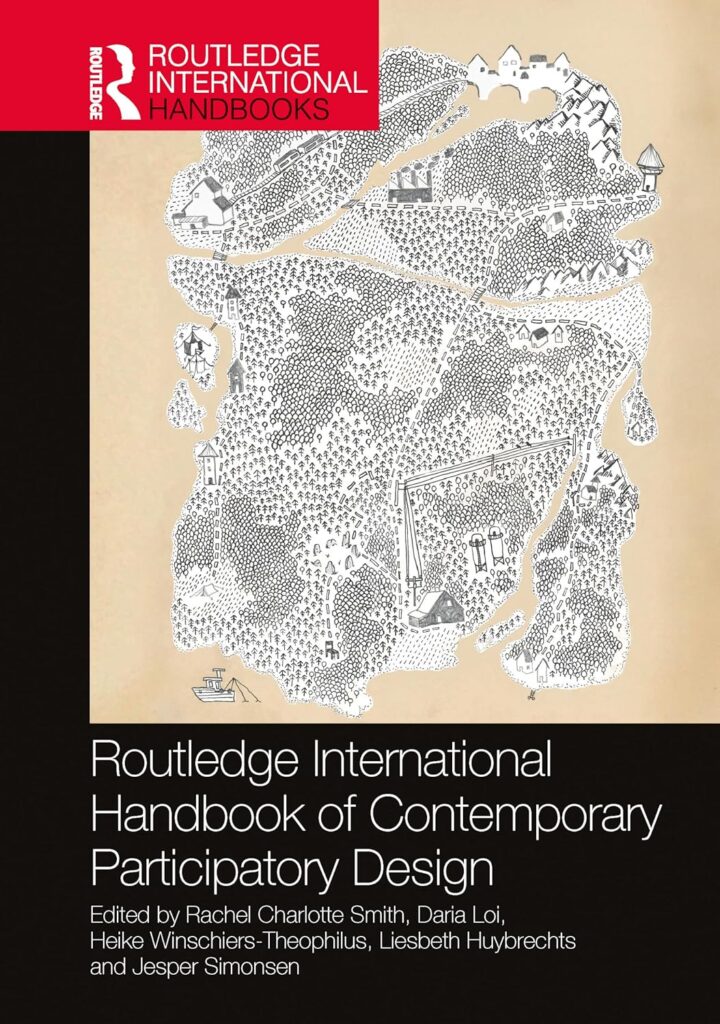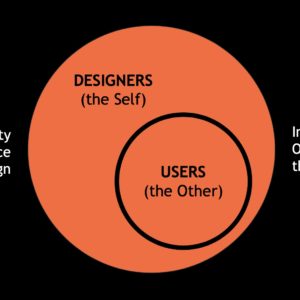Winschiers-Theophilus, H., Smith, R. C., Amstel, F. V., & Botero, A. (2025). Decolonisation and Participatory Design. In Smith, R. C., Loi, D., Heike Winschiers-Theophilus, H., Huybrechts, L. & Simonsen, J. (Eds.). Routledge International Handbook of Contemporary Participatory Design. Routledge. https://doi.org/10.4324/9781003334330

Abstract: Decolonising design is increasingly a matter of concern in global design and technology research and practice. Decolonising discourses address the ongoing societal challenges of political, economic and racial justice rooted in coloniality and perpetuated within global Eurocentric structures and worldviews. In attempts to counter systemic biases, design and research communities call for diversity, equity and inclusion of the marginalised in collaborative design processes.
This chapter presents contributions from Participatory Design and decolonising movements and how they engage across four core strands: the anticolonial, postcolonial, decolonial and the pluriversal. Each of the strands addresses attempts to reconcile different worlds, knowledges and epistemologies that can contribute towards new framings and directions for (de)colonialites in Participatory Design. Based on our survey of literature and research cases on Participatory Design and decoloniality, we demonstrate how researchers, designers and users in diverse contexts across the globe are working with and adapting modes, concepts and methodologies. They provide significant contributions at different levels of theory or practice and generate new trajectories for diverse and inclusive forms of knowledge production. The final section discusses the challenges and potentials raised by and across the strands and appeals for a relational agenda in Participatory Design.
Contemporary debates on decolonisation in Participatory Design need to be understood within their past interrelations grounded in anticolonial movements and how historical and geopolitical issues continue to shape the conditions for design and knowledge creation. The chapter provides a lens that enables Participatory Design researchers to position themselves and engage with the possible pasts-presents-futures of these concerns, in support of sovereignty and self-determination of future-making. It provides a starting point for participatory researchers to engage with a relational agenda in which introspection, challenging epistemological hegemonies and responsibilities in situated actions are central to the wider decolonisation movements.

